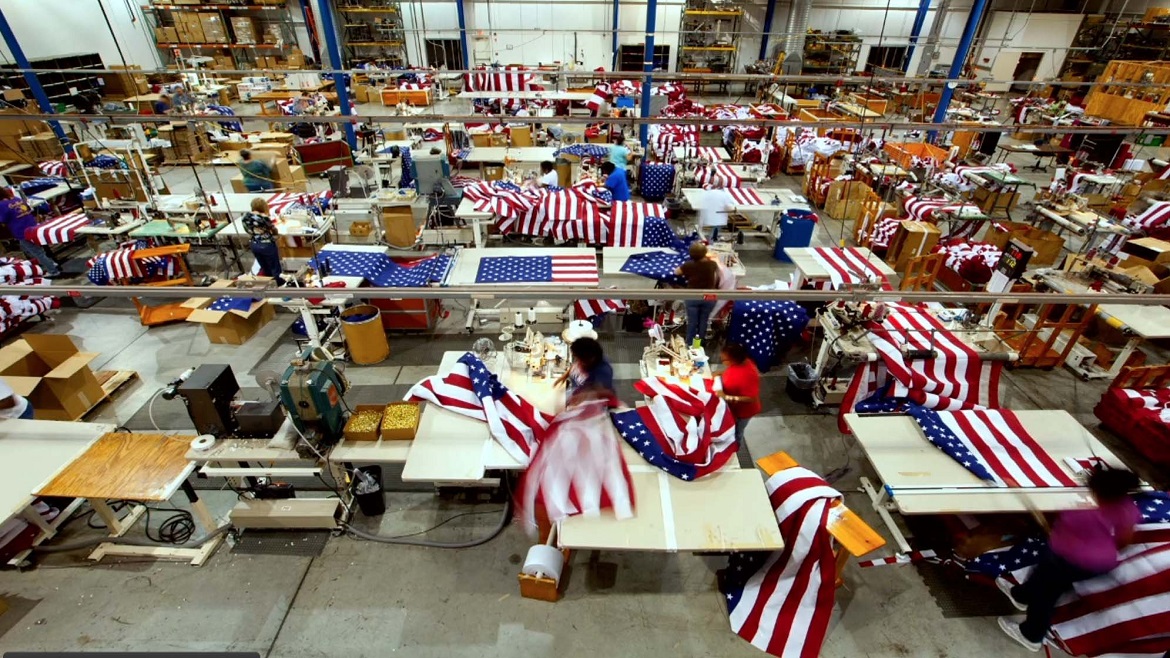Since US multinational retail corporation, Walmart, announced that it would purchase an extra US$250bn in US-made goods over the next ten years, there have been anecdotal reports of companies bringing back their manufacturing production to the US. If this were to prove to be a part of a larger trend, it would signal the reversal of offshoring production, for the first time since the late 1970s.
Jan Rivkin, chair of the Strategy Unit at Harvard Business School, tells The Economist Intelligence Unit that the hype around reshoring may not be all it seems.
The Economist Intelligence Unit: What do you think has motivated some companies to reshore their production back to the US?
Jan Rivkin, Harvard Business School: The factors can be split into two categories. First, several macroeconomic factors have driven the reshoring of production to the US over the past two years, including: rising wage levels in emerging economies; the availability of low-cost energy sources in the US; and the start of a revolution in manufacturing technology, such as the introduction of advanced robotics and 3D printers.
Second, there is a growing awareness among businesses of the hidden costs of offshoring. A number of US companies expanded their operations overseas in the past decade on the promise of low-cost labour. However, they have had to hire more employees because of lower productivity levels and the need to invest in staff training. Other costs in emerging economies include lax intellectual property rights, requiring more investment in patent protection.
As companies take these hidden costs into account, it becomes more attractive to move production closer to the consumer base, which often means reshoring production.
Recently there have been some high-profile cases of reshoring by major US companies, such as home appliances manufacturer, Whirlpool, moving the production of its washing machines from Mexico to the US. Are examples like this indicative of a wider trend in reshoring?
Unfortunately we do not have comprehensive data on reshoring: the US government does not collect exhaustive data and there is no clear accepted definition of the phenomenon. So it is hard to assess the extent of reshoring.
However, two points of data seem to indicate that US companies are generally offshoring production rather than reshoring it. First, there has not been any major uptick in manufacturing employment in the US over the past year. Second, the Survey on US Competitiveness, a study I devised with my colleague Michael Porter in 2011, shows that decisions by US companies to offshore production outnumber those that opted to reshore by six to one.
Why are companies not reshoring more to the US?
There are a number of factors forming the business environment in the US, which is influencing whether US businesses reshore production or not. The national tax code—not simply the high rate of statutory corporate tax, but also its complexity and uncertain future—has proven a big disincentive to move to the US.
The effectiveness of the US political system, which is currently in deadlock, damages the confidence that business has in the ability of the government to get things done. The aforementioned survey also highlighted the school education system and its weak performance compared with other national curriculums, as well as the inefficiency of the legal and regulatory framework, as major weaknesses within the US. So, despite several high-profile cases of reshoring in the media, US companies are more likely to offshore production than to reshore it in the near future.
This interview is part of a series managed by The Economist Intelligence Unit for HSBC Commercial Banking. Visit HSBC Global Connections for more insight on international business.




